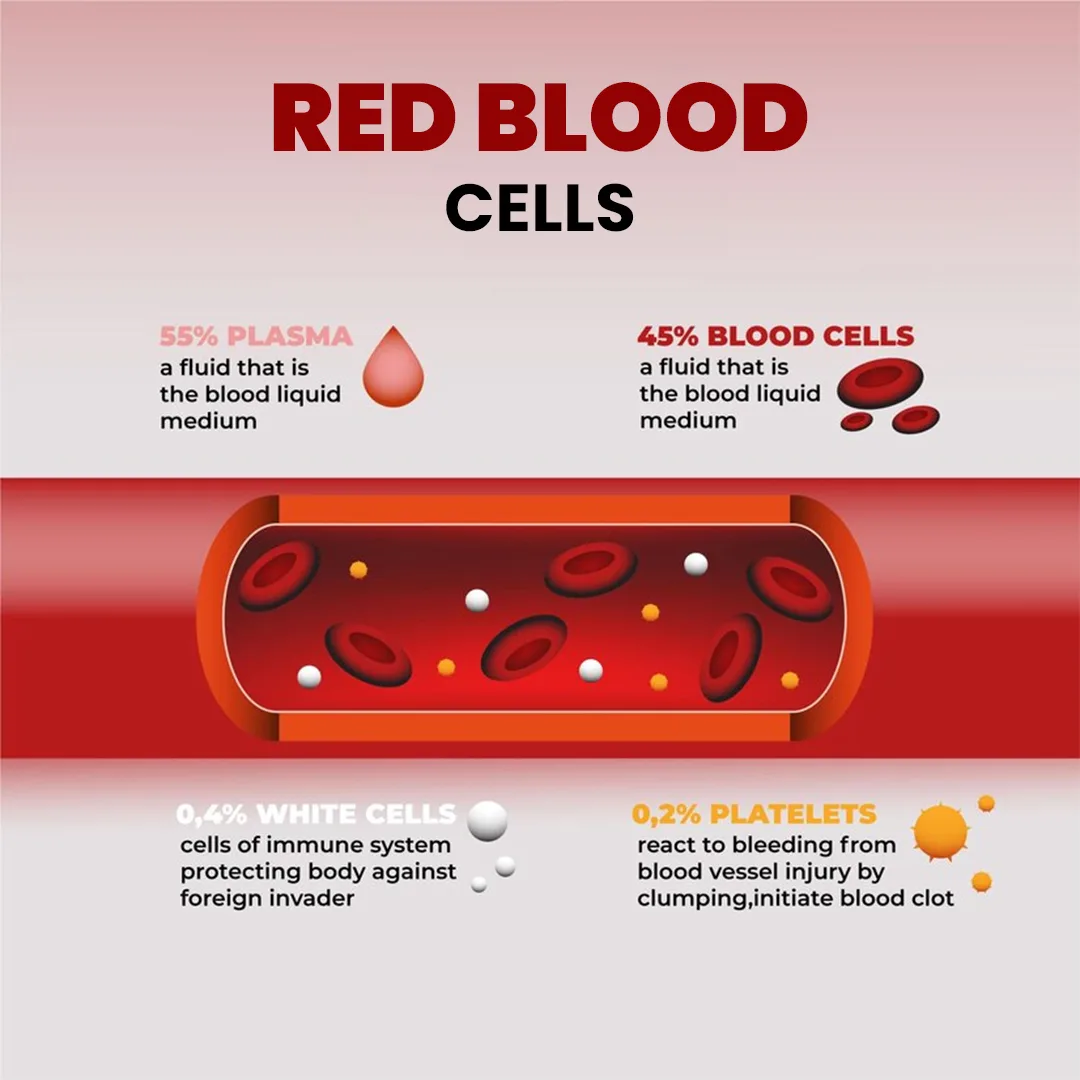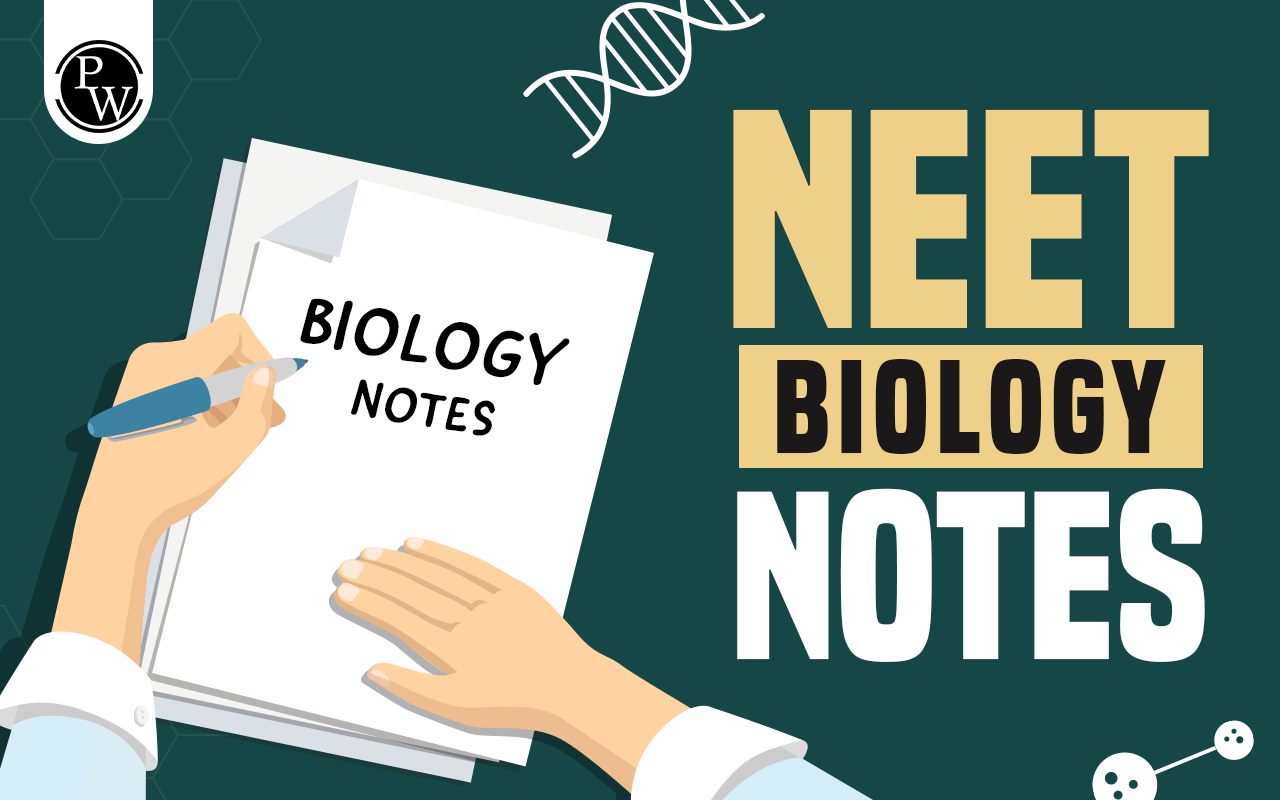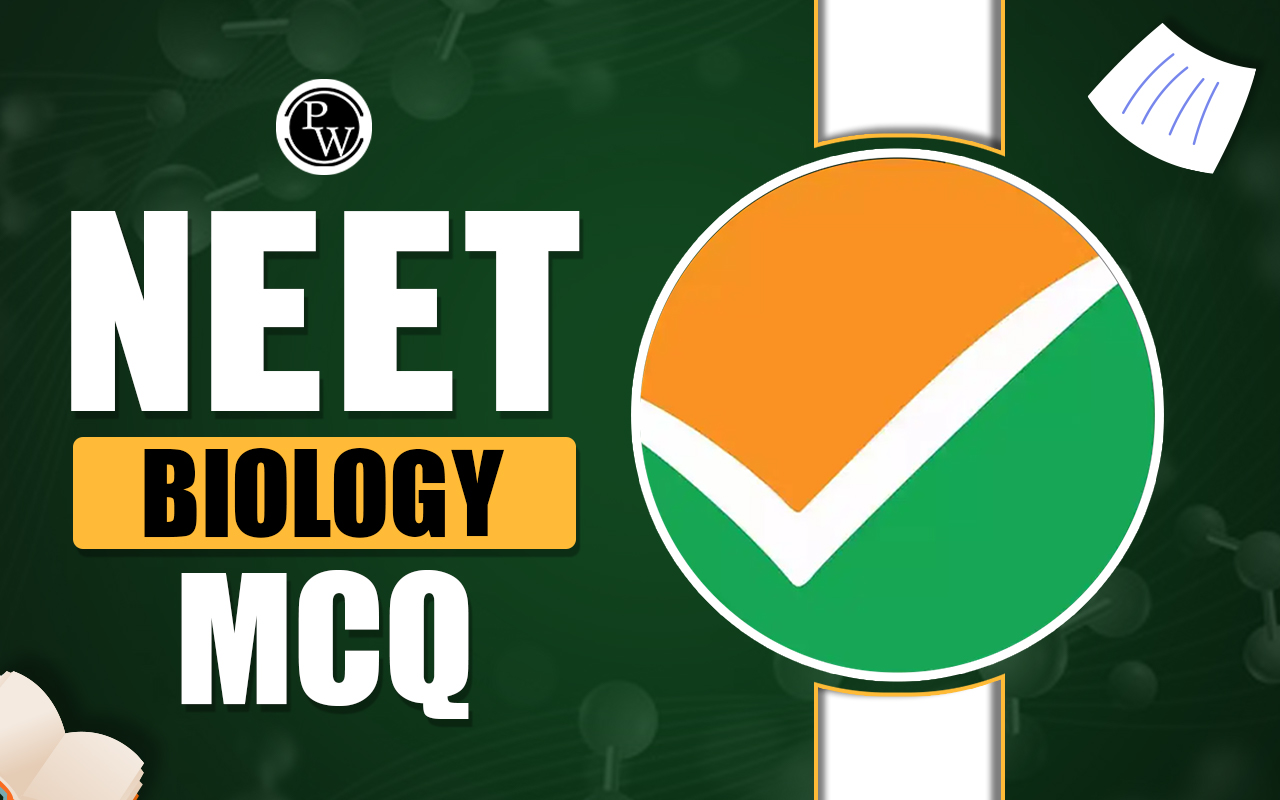
Erythrocytes: Blood transports nutrients and oxygen to cells throughout the body. It also plays an essential role in controlling bleeding and combating infections. These vital functions are carried out by specialized cells called blood cells, which are constantly produced in the bone marrow through a process known as hematopoiesis.
There are several types of blood cells, including red blood cells (erythrocytes), white blood cells (leukocytes), platelets, and plasma. Erythrocytes are the most abundant type of cell in the body and are responsible for transporting oxygen from the lungs to tissues throughout the body. This process is facilitated by haemoglobin, a protein abundant in erythrocytes. The following article details the structure and functions of erythrocytes in detail.What are Erythrocytes?
The erythrocyte, commonly referred to as a red blood cell (RBC), represents the predominant formed element within the blood. A mere drop of blood contains millions of erythrocytes alongside a comparatively minuscule count of leukocytes. More precisely, males exhibit an approximate count of 5.4 million erythrocytes per microliter (µL) of blood, while females register around 4.8 million per µL. Erythrocytes are estimated to constitute about 25 percent of the body's total cell count. Despite their diminutive size, with a mean diameter of approximately 7–8 micrometers (µm), erythrocytes play pivotal roles in physiological processes.Erythrocytes Diagram
Erythrocytes or RBC diagram is as follows:
Erythrocytes Structure
Erythrocytes, commonly known as red blood cells, represent the most prevalent cellular component in the human body. Their primary function involves the transportation of oxygen throughout the body. Their unique structural characteristics facilitate this crucial role. Key Structural Features of Erythrocytes:- Biconcave Disc Shape: Erythrocytes exhibit a flattened, disc-like shape with a central indentation. This biconcave morphology enhances the surface area of the cell membrane relative to its volume, enabling rapid diffusion of oxygen and carbon dioxide.
- Cell Membrane: Comprising a phospholipid bilayer embedded with proteins, the erythrocyte membrane plays a vital role in various cellular functions, including:
- Antigen Recognition: Specific membrane proteins determine an individual's blood type based on the presence or absence of carbohydrate markers.
- Cytoskeletal Network Attachment: Other proteins facilitate the connection between the cytoskeleton and the cell membrane, crucial for maintaining cell shape and flexibility.
- Lack of Nucleus and Organelles: Mature erythrocytes lack a nucleus and most organelles, allowing for a higher concentration of hemoglobin within the cytoplasm.
- Hemoglobin-Rich Cytoplasm: The cytoplasm of erythrocytes is rich in hemoglobin, a protein that binds and transports oxygen from the lungs to tissues throughout the body.
Erythrocytes Characteristics
Erythrocytes, commonly referred to as red blood cells (RBCs), are the predominant cellular component in the human body, serving the vital function of transporting oxygen and eliminating carbon dioxide. Key characteristics include:- Shape: Erythrocytes display a distinctive biconcave disc shape, facilitating efficient gas exchange due to increased surface area.
- Size: Mature erythrocytes are small, measuring only 6-8 micrometers in diameter, enabling them to navigate narrow capillaries for oxygen delivery to tissues.
- Structure: Unlike most cells, erythrocytes lack a nucleus and most organelles, prioritizing space for hemoglobin, the oxygen-carrying protein.
- Lifespan: Mature erythrocytes have a lifespan of approximately 120 days before being broken down by the spleen and liver for recycling.
- Production: Erythrocytes are produced in the red bone marrow through erythropoiesis, regulated by hormones such as erythropoietin (EPO).
Erythrocytes Functions
The primary function of erythrocytes revolves around the transportation and exchange of gases, namely oxygen and carbon dioxide, between the lungs and various tissues throughout the body. Erythrocytes, commonly known as red blood cells (RBCs), play several important roles in the body:- Oxygen Transport: One of the primary functions of erythrocytes is to transport oxygen from the lungs to all tissues of the body. This is facilitated by the presence of hemoglobin, a protein that binds oxygen in the lungs and releases it in tissues.
- Carbon Dioxide Transport: Erythrocytes also help in the transportation of carbon dioxide, a waste product of metabolism, from the tissues back to the lungs, where it is expelled from the body during exhalation.
- Buffering: Erythrocytes contain bicarbonate ions, which help maintain the pH balance of the blood, preventing it from becoming too acidic or too alkaline.
- Blood Volume Regulation: Erythrocytes contribute to the regulation of blood volume by controlling the osmotic pressure of the blood, which helps in maintaining blood pressure.
- Nitric Oxide Transport: Erythrocytes also transport nitric oxide, a molecule involved in vasodilation, which helps in regulating blood flow and blood pressure.
Erythrocytes Life Cycle
Production of erythrocytes in the bone marrow occurs at an astounding rate, exceeding 2 million cells per second. This process requires various raw materials, including essential nutrients like glucose, lipids, and amino acids, along with specific trace elements:- Iron: Each heme group in hemoglobin contains an iron ion. Approximately less than 20% of dietary iron is absorbed, with heme iron from animal sources being more efficiently absorbed than non-heme iron from plants. Iron is stored in the body's total iron pool in the bone marrow, liver, and spleen. When erythropoietin (EPO) stimulates erythrocyte production, iron is released from storage, bound to transferrin, and transported to the red marrow for incorporation into erythrocyte precursors.
- Copper: Copper, a trace mineral, is crucial for the production of hemoglobin as it is a component of proteins hephaestin and ceruloplasmin. These proteins are involved in the absorption of iron by intestinal cells and the transport of copper, respectively. Copper deficiency can lead to decreased iron transport for heme synthesis and iron accumulation in tissues, potentially causing organ damage.
- Zinc: Zinc, another trace mineral, acts as a co-enzyme essential for the synthesis of the heme portion of hemoglobin.
- B Vitamins: Folate and vitamin B12 are critical for erythrocyte production as they function as co-enzymes facilitating DNA synthesis, crucial for new cell formation.
- Globin Breakdown: The protein portion of hemoglobin, globin, is broken down into amino acids, which can be reused in the production of new erythrocytes.
- Heme Iron Recycling: Iron from the heme portion of hemoglobin can be stored in the liver or spleen as ferritin or hemosiderin or carried by transferrin to the red marrow for recycling into new erythrocytes.
- Heme Degradation: The non-iron portion of heme is degraded into biliverdin, a green pigment, and further into bilirubin, a yellow pigment. Bilirubin is used by the liver in bile production, excreted into the intestines, converted into stercobilin by bacteria, and eliminated in faeces. Urobilinogen, another breakdown product, may be excreted in urine along with other metabolic byproducts.
Erythrocytes Disease and Disorders
Erythrocytes, commonly known as red blood cells (RBCs), play a vital role in transporting oxygen throughout the body. These disc-shaped cells contain hemoglobin, a protein abundant in iron that binds with oxygen. Produced in the bone marrow, RBCs circulate in the bloodstream, ensuring oxygen delivery to all body tissues. Various diseases and disorders can impact erythrocytes, broadly categorized into two groups:- Conditions causing a decrease in red blood cell count or function, known as anemia. Anemia has diverse causes, including iron deficiency, vitamin deficiencies, chronic diseases, and bone marrow issues.
- Conditions leading to an increase in red blood cell count , termed erythrocytosis. Factors like smoking, living at high altitudes, and certain medical conditions can cause erythrocytosis.
- Iron deficiency anemia: Most common, resulting from insufficient iron for hemoglobin production.
- Sickle cell anemia : A severe inherited disorder where red blood cells become sickle-shaped, obstructing blood vessels and causing pain, tissue damage, and health complications.
- Thalassemia: Inherited disorders causing reduced hemoglobin production or abnormal hemoglobin types.
- Aplastic anemia: Rare but serious, characterized by bone marrow failure to produce sufficient red blood cells.
- Autoimmune hemolytic anemia: Occurs when the immune system attacks and destroys red blood cells.
| NEET Exam Important Links | |
|---|---|
| NEET Syllabus | NEET Biology Diagrams |
| NEET Biology MCQ | NEET Biology Chapter wise Weightage |
| NEET Biology Notes | NEET Previous Year Question papers |
Erythrocytes FAQs
What is the primary role of erythrocytes?
Erythrocytes, commonly known as red blood cells (RBCs), impart a distinctive hue to blood and constitute approximately 40-45% of its volume. The primary function of red blood cells is to transport oxygen from the lungs and distribute it throughout the body.
What are erythrocytes in the blood?
Erythrocytes, or red blood cells (RBCs), are the functional units of blood responsible for conveying gases and nutrients throughout the human body.
What happens if you have too many red blood cells?
An increase in red blood cells may indicate an underlying health condition. Red blood cells play a crucial role in oxygen transport throughout the body. However, excessive production can lead to blood thickening and slowing, increasing the risk of blood clot formation.
Where are erythrocytes typically found?
Erythrocytes are a type of blood cell produced in the bone marrow and present in the bloodstream. They contain hemoglobin, a protein that transports oxygen from the lungs to various body tissues.
What is the normal range for erythrocyte levels?
In adults, the typical range is generally 4.35 to 5.65 million red blood cells per microliter (mcL) of blood for men and 3.92 to 5.13 million red blood cells per mcL of blood for women.
Talk to a counsellorHave doubts? Our support team will be happy to assist you!

Check out these Related Articles
Free Learning Resources
PW Books
Notes (Class 10-12)
PW Study Materials
Notes (Class 6-9)
Ncert Solutions
Govt Exams
Class 6th to 12th Online Courses
Govt Job Exams Courses
UPSC Coaching
Defence Exam Coaching
Gate Exam Coaching
Other Exams
Know about Physics Wallah
Physics Wallah is an Indian edtech platform that provides accessible & comprehensive learning experiences to students from Class 6th to postgraduate level. We also provide extensive NCERT solutions, sample paper, NEET, JEE Mains, BITSAT previous year papers & more such resources to students. Physics Wallah also caters to over 3.5 million registered students and over 78 lakh+ Youtube subscribers with 4.8 rating on its app.
We Stand Out because
We provide students with intensive courses with India’s qualified & experienced faculties & mentors. PW strives to make the learning experience comprehensive and accessible for students of all sections of society. We believe in empowering every single student who couldn't dream of a good career in engineering and medical field earlier.
Our Key Focus Areas
Physics Wallah's main focus is to make the learning experience as economical as possible for all students. With our affordable courses like Lakshya, Udaan and Arjuna and many others, we have been able to provide a platform for lakhs of aspirants. From providing Chemistry, Maths, Physics formula to giving e-books of eminent authors like RD Sharma, RS Aggarwal and Lakhmir Singh, PW focuses on every single student's need for preparation.
What Makes Us Different
Physics Wallah strives to develop a comprehensive pedagogical structure for students, where they get a state-of-the-art learning experience with study material and resources. Apart from catering students preparing for JEE Mains and NEET, PW also provides study material for each state board like Uttar Pradesh, Bihar, and others
Copyright © 2026 Physicswallah Limited All rights reserved.









